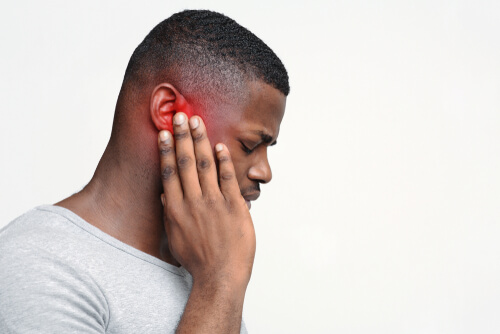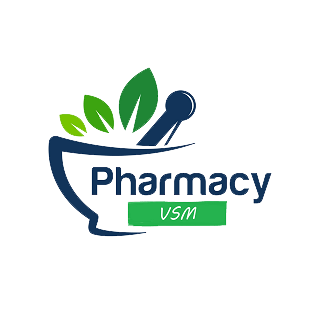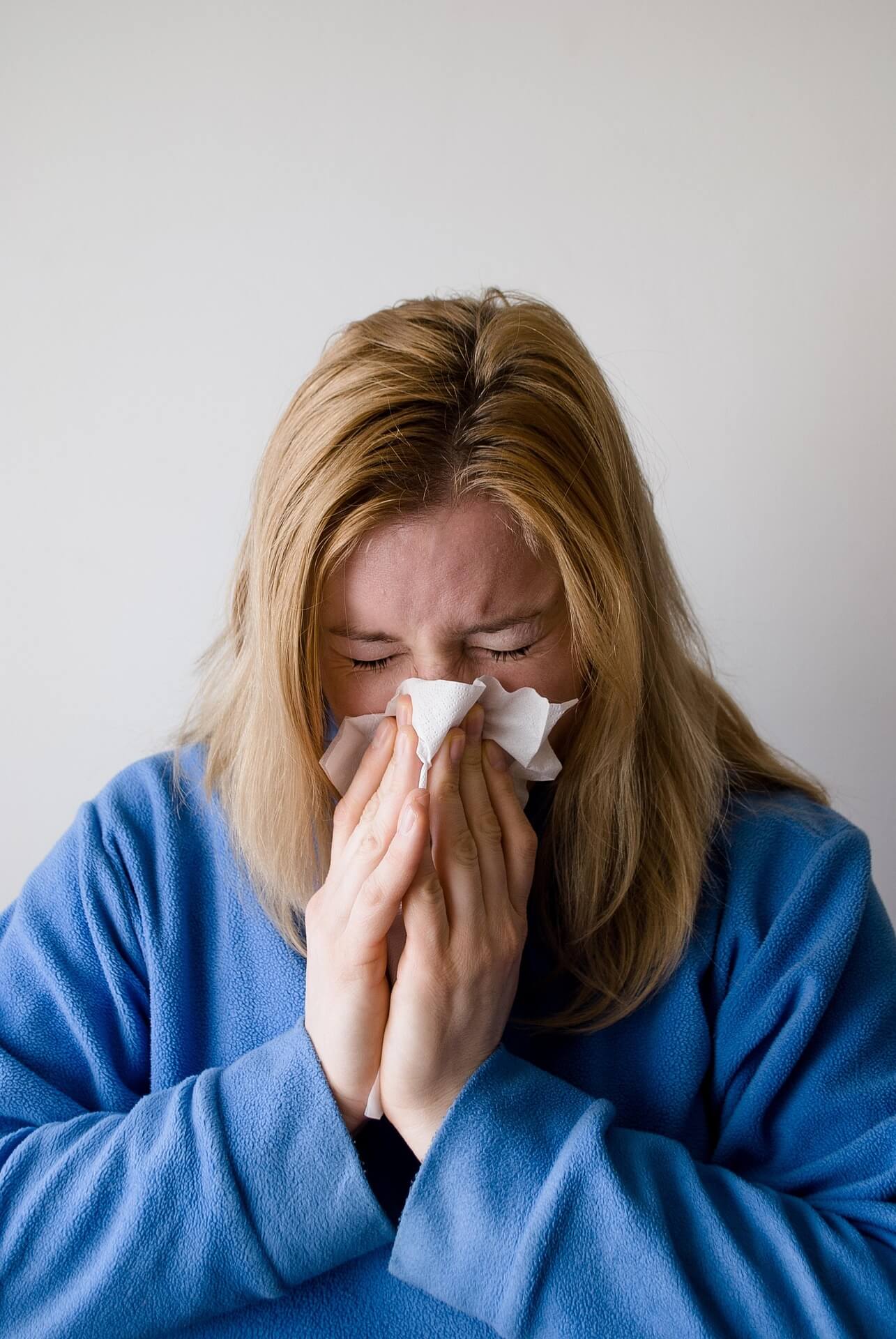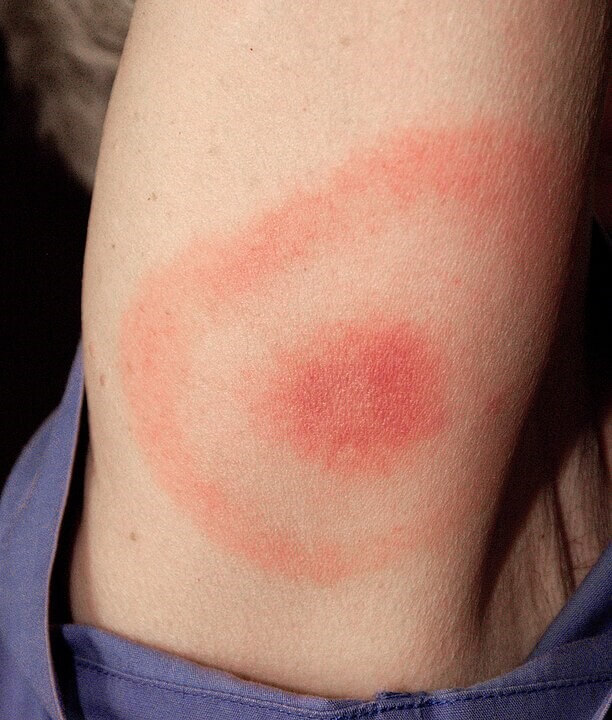Your sinuses are in your skull. They are four pairs of air-filled spaces located in your cheekbones and behind your forehead. They are connected to the nose. The four pairs consist of:
- The Frontal sinuses which are above your eyes on either side of your forehead
- The Maxillary sinuses located inside your cheekbones
- Ethmoid sinuses between your eyes on the upper part of your nose
- Sphenoid sinuses between your eyes between the upper part of your nose
What do Sinuses do?
What the sinuses do is still not fully understood. But doctors do know that the mucus sinuses produce lubricate the nasal passages and form a barrier against dust, bacteria and pollutants.
Another function is to reduce bone mass in the skull to keep it from becoming too heavy.
They are also thought to act as a resonating chamber for speech by modifying the sound that’s produced by the vocal chords. Other functions are believed to be the protection of the face from injury as they absorb some of the force caused by a head trauma.
What is sinusitis?
Sinusitis is an infection of the sinuses. There are two types of infection. Chronic sinusitis can last 12 weeks or more and sometimes medical treatment doesn’t work. In some cases, a doctor may suggest surgery.
The most common type of sinusitis is Acute sinusitis. Symptoms can be severe, but the condition usually gets better within a month. Some people have sinusitis flare-ups. If you have the condition more than four times a year this is called recurrent sinusitis.
What causes sinusitis?
The usual cause is due to a blockage of the opening of the sinus. Blockages occur because of irritants, infections allergies or due to an abnormality in the sinus structure such as narrowing in the nasal passages, enlarged adenoids or polyps.
The condition can also be linked to an allergy, asthma, hay fever, tooth infections, smoking and facial injury. Swimmers sometimes suffer from sinusitis because of chlorine or bacteria in the sea or other bodies of water.
What are the symptoms?
An infection will cause your sinuses to swell, and this can lead to pressure and pain around the eyes, on your forehead or around your cheeks. You may also have some or all of the following symptoms:
- Blocked, stuffy nose
- Headache
- Toothache or pain from the jaw
- High temperature with fever
- Temporary reduction of smell
- Yellow or green mucus from your nose
Colds and flu can often lead to a sinus infection because mucus and bacteria become trapped in the sinuses.
Can I take over-the-counter medicines?
Yes. Come in and speak to a member of staff who can recommend painkillers and congestion remedies. You should also drink plenty of fluids and rest if you can.
Do I need to see the doctor?
No. You can come to the pharmacy instead. Sinusitis is one of the conditions that can be treated using the Pharmacy First service.
Pharmacy First is a free NHS service which reduces your need to wait for a GP appointment. Instead, you can make an appointment for advice and treatment for sinusitis at VSM Pharmacy. The consultation is free but if we recommend medication you will pay for your prescription unless you are exempt.
How do I make an appointment?
You can come into the shop and speak to a staff member. Otherwise, you can give us a call on 01276 21002. There’s also a form you can fill in on our contact page if you want to send us an email.




